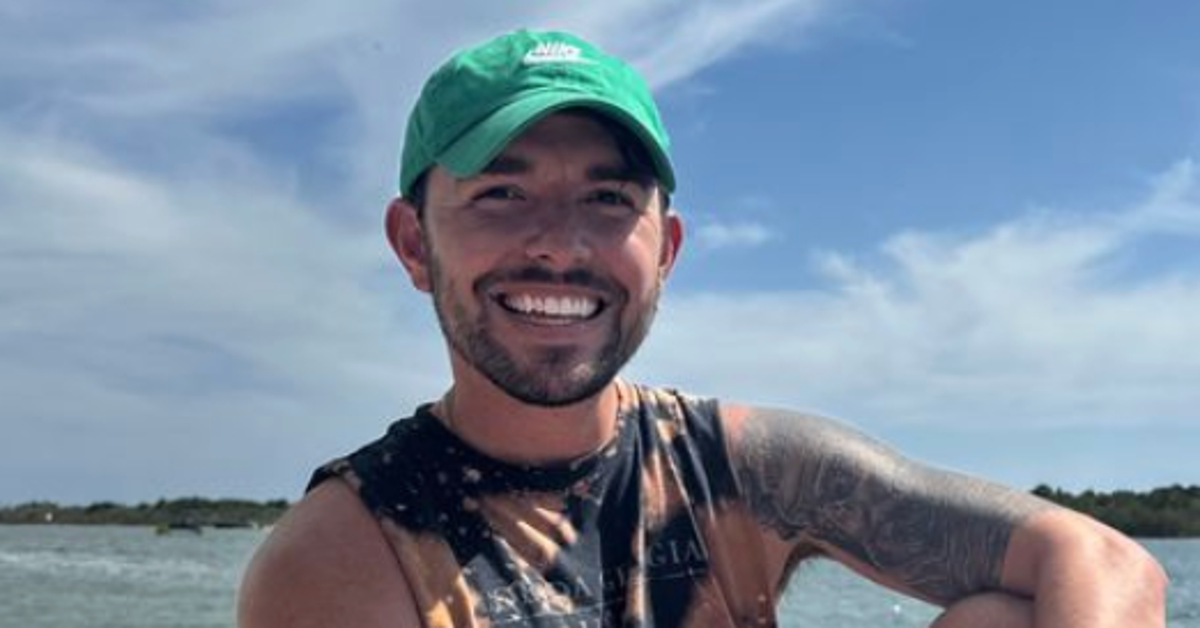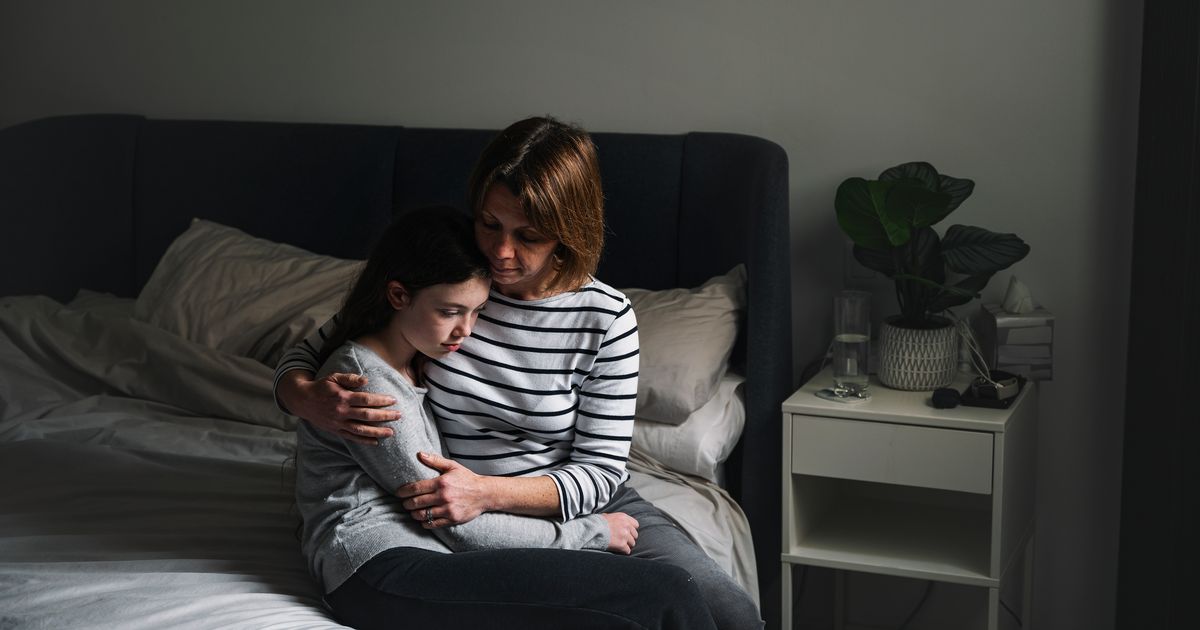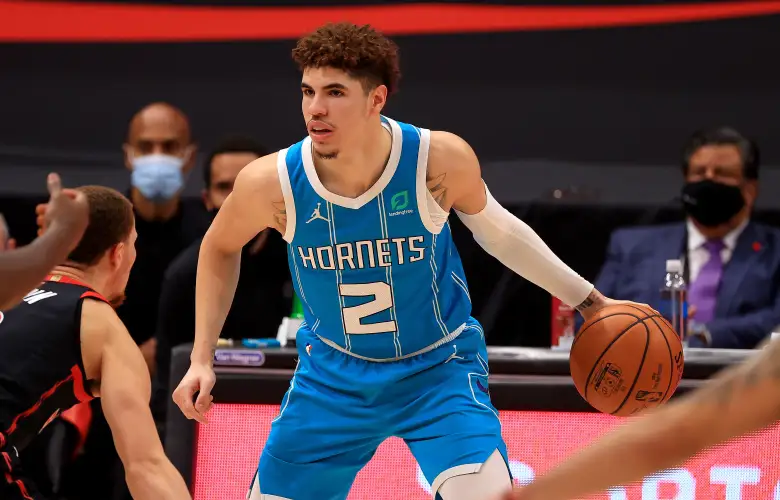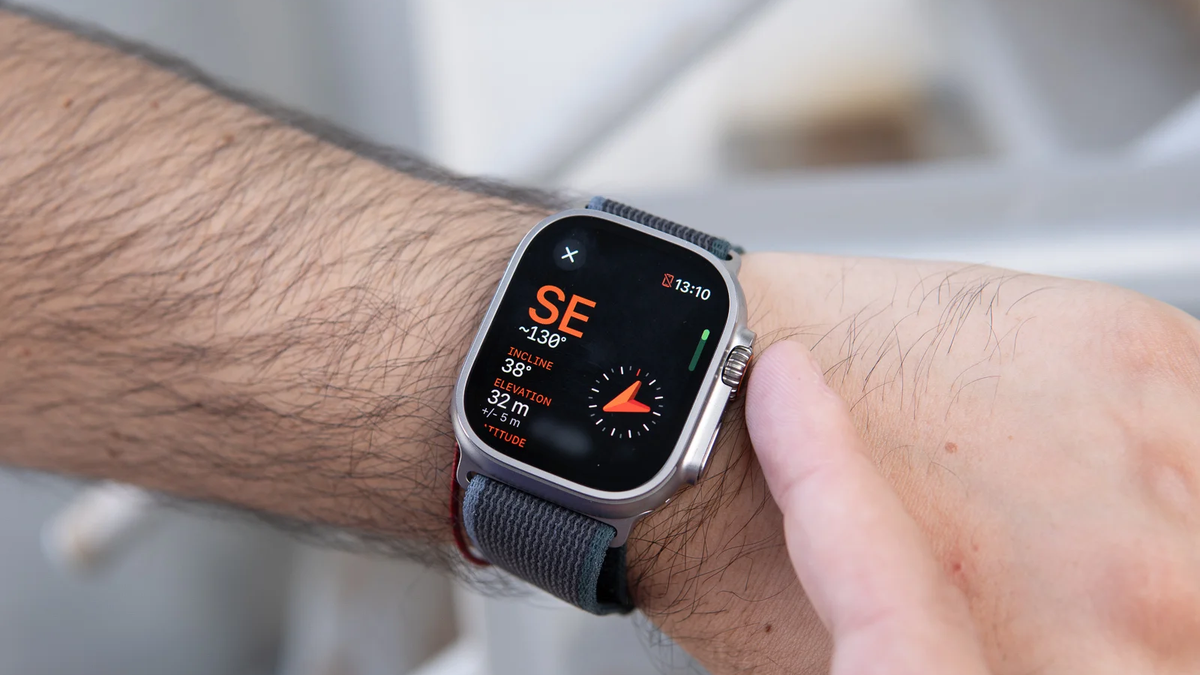Copyright HuffPost

I was 15 years old the first time someone told me I was broken and needed to be fixed. It wasn’t in the “your arm is broken, let’s get you a cast” way, or the “you’ll grow out of it” kind of way. It was fixed, as in there’s something fundamentally wrong with you, and until you change it, you don’t deserve love. When I was outed by my cousin at 15, my life changed overnight. The next morning, my parents showed up at my school, cleaned out my locker, and brought me straight to a counselor’s office — a pastor who said he could help me “change.” That first appointment was the gateway into what would become three years of conversion therapy. For 36 months, I sat in fluorescent-lit rooms with strangers who promised that if I prayed hard enough, journaled enough, cried enough, I could become someone else. Someone God would finally accept. That’s what gay conversion therapy is built on: It’s abuse disguised as care and shame dressed up as salvation. Advertisement I was moved to four different high schools during that time. Every time someone found out I was gay, I’d be forced to start over somewhere new. At home, I lived under my parents’ roof while being sent to large and small gay conversion therapy groups in Orlando, Florida, and I even had phone sessions with people like Richard A. Cohen, author of “Coming Out Straight.” I still have my journal from that time. The entry from July 12, 2007, reads: I’ve stopped reading my Bible and I’m not writing much anymore. I had to break up with Daniel. I’m sad. Daniel was my first boyfriend. He was gentle and kind and made me feel seen in a way that didn’t come with conditions. But the people at therapy called him “a temptation” and “a sin.” So I broke up with him. I remember sitting in my room that night, staring at my Bible, trying to figure out what was “wrong” with me and why people were telling me my life was “sin,” pushing me further away from who I was. Advertisement I wasn’t sleeping. I was barely eating. I felt like a ghost moving through the world and trying to take up less space every day. When you’re a teenager, you’re still figuring out who you are. Conversion therapy takes that fragile process and weaponizes it against you. It tells you that your natural instincts — like who you love, how you laugh, what brings you joy — are wrong. It convinces you that silence equals safety. So I stayed silent. Advertisement Once I turned 18, I begged my parents to let me stop going. They finally agreed. But by then, the damage was done. I still believed there was something deeply wrong with me. The first person I met after leaving conversion therapy was my ex-husband. I fell for him instantly. He was the first person I thought truly loved and accepted me for who I was. We were together for 12 years, and looking back, I think I hid a lot of my trauma in that relationship. When it ended, I felt that familiar loneliness and shame return. I was single for the first time in my adult life, and I didn’t realize how much conversion therapy had scarred me until one night, about two years ago, when I completely broke down in my condo. I wanted to end my life. Instead, I packed a bag, took a train to South Florida, and checked myself into a therapy center for 30 days. I started trauma therapy. I hugged trees. I acted out feelings of shame I’d buried since I was a teenager. And slowly, I began to understand just how much that so-called therapy had taken from me. Advertisement My parents were the ones who forced me into those programs. They’ve never apologized. I’ve been “no contact” with them for years, and while that’s painful, it’s also freeing. The God they used to justify conversion therapy is not the God I know. The God who created me is loving, caring and accepting — the kind of God I’d actually want to share heaven with someday. Looking back now, I can see how absurd and surreal it all was, but at the time, I was too scared to laugh. In one group session, people would share what they called “positive peer pressure” where we would have to share sexual fantasies with each other, and the counselors and leader would make fun of us and shame us and our supposed “sins.” Another tactic they taught us was to snap a rubber band on our wrists every time we felt attracted to the same gender. We had to journal why these thoughts were “wrong” and why we “were stronger than sin.” I was told I’d die of AIDS before 30. When I turned 30, I was proud. I’d made it past their fictional prophecy. Advertisement Even after I left conversion therapy, the shame stayed with me like a second skin. It took years before I could even say the words “conversion therapy” out loud. For a long time, I called it “a Christian program,” because that sounded softer — less like a wound and more like a phase. But it wasn’t a phase. It was trauma dressed in Scripture. I became a nurse in part because I wanted to help people heal. I thought if I could take care of others, maybe I could undo some of the damage done to me. But I quickly learned that healing doesn’t come from ignoring what we’ve experienced, it comes from facing it head-on, and from letting other people see the scars. Slowly, I started to heal and comedy became that outlet for me. When I started making videos, it wasn’t about going viral. It was about finding a voice again and using humor as a way to connect — to turn pain into something communal. The first time someone messaged me saying, “I thought I was the only one who went through that,” I realized laughter could be medicine, too. Advertisement And that’s the thing about healing: It doesn’t look like a Hallmark movie. It’s slow and messy and nonlinear. One day you’re on a date with a guy feeling completely yourself and loving life when you get a sudden flashback. You’re immediately brought back to when you were 15 and you believe you don’t deserve to feel safe and at peace in this moment — that this moment is sin. However, the difference now is that I don’t face it alone. I have a strong and supportive community and a life that 15-year-old me could never have imagined. Advertisement I’m sharing my story now because the Supreme Court agreed to hear a case about conversion therapy and whether states should be able to ban it. I need you to understand conversion therapy isn’t therapy. It’s not about compassion or care. It’s about control. It’s about telling young people that their very existence is a problem to be solved. I’ve met countless people who went through conversion therapy. Many never fully recover. Some don’t make it out at all. The scars don’t always show, but they shape everything: the way you trust, the way you love, the way you look at yourself in the mirror. So when lawmakers and judges who haven’t been in our shoes debate this issue like it’s abstract policy, I want them to picture a kid like me, sitting in a folding chair, clutching a notebook, praying to become straight because the adults in the room told him that was the only way to be good. Advertisement That kid deserved better. Every kid does. For me, healing has meant reclaiming the parts of myself I was taught to hide. It’s in holding another man’s hand in public without fear. It’s in mentoring young LGBTQ+ nurses who tell me they finally feel safe to be themselves at work. I used to think healing meant forgetting. Now I know it means remembering, but refusing to let the pain define you. If you’re reading this and you’ve been through conversion therapy or if you’re still fighting to accept who you are in any way, I want you to know something I wish someone had told me at 15: Advertisement You are not broken. You are not wrong. You deserve love without conditions. You deserve peace, not shame. And you deserve to be here, exactly as you are. To anyone who believes conversion therapy can be justified, please listen to those of us who lived it. We don’t need fixing. What we’ve always needed — and still need — is acceptance and understanding. Advertisement With over 4 million followers across social media, Nurse Blake is a former surgical ICU nurse, content creator, internationally touring comedian, health care advocate, keynote speaker, and children’s book author. Nurse Blake has garnered a loyal following with his original comedy that hilariously captures life in the nursing world. His lighthearted videos, a product of his desire to cope with stress from his nursing job, have resonated with nurses, nursing students, and health care workers globally, amassing over 300 million views and counting. Nurse Blake recently embarked on his 68-city “But Did You Die?” tour running through December 2025 and will dive into the wild things patients and their families say and do at hospitals. From self-diagnosing with WebMD to hitting the call light like they are on a game show — nothing is off-limits. In addition to his comedy videos and current tour, Blake is the creator of NurseCon at Sea, one of the largest and most popular nursing conferences, the author of bestselling children’s books “I Want To Be a Nurse When I Grow Up” and “Santa Sent to the E.R.” From 2023 to 2024, Blake embarked on his 150-city “Shock Advised” comedy tour across the U.S. and select cities in Australia and New Zealand. For more from him, check out his official website and follow him on Instagram @Nurse.Blake and on TikTok @NurseBlake.



